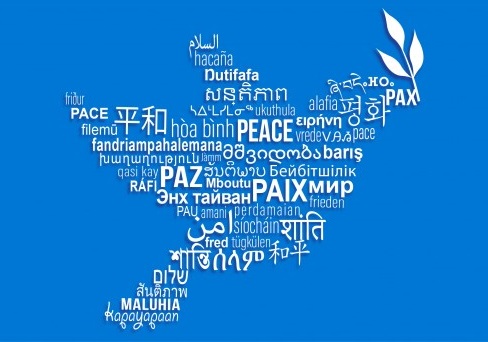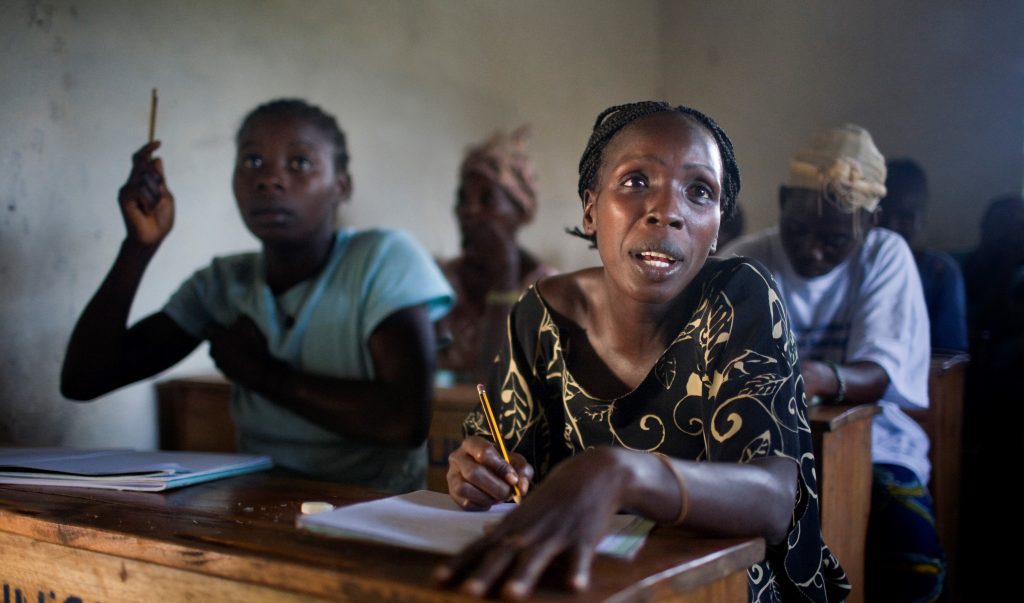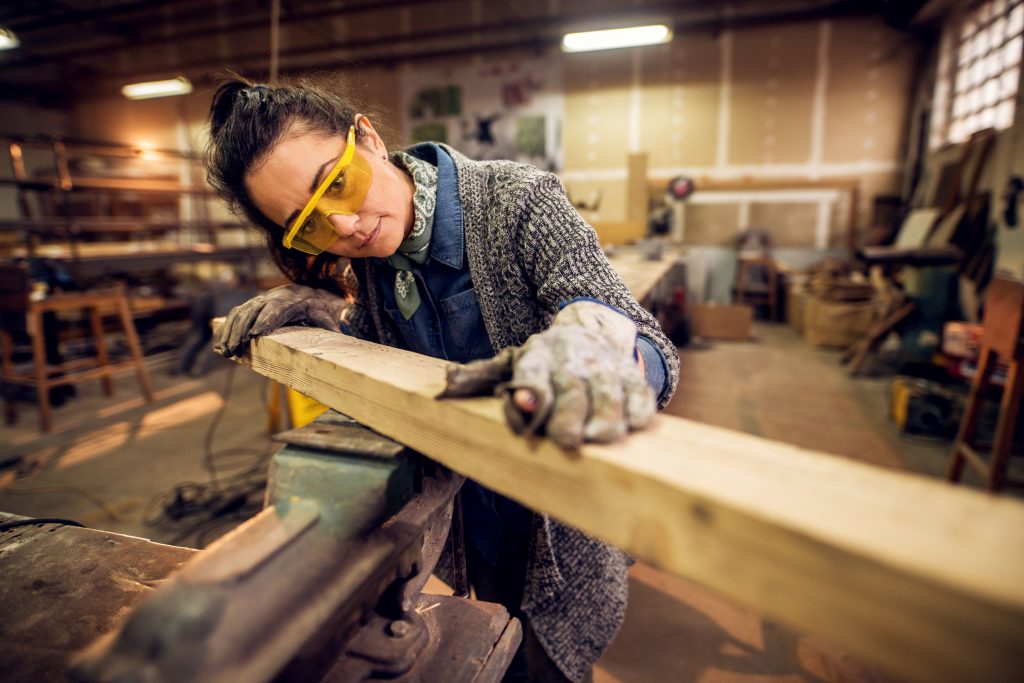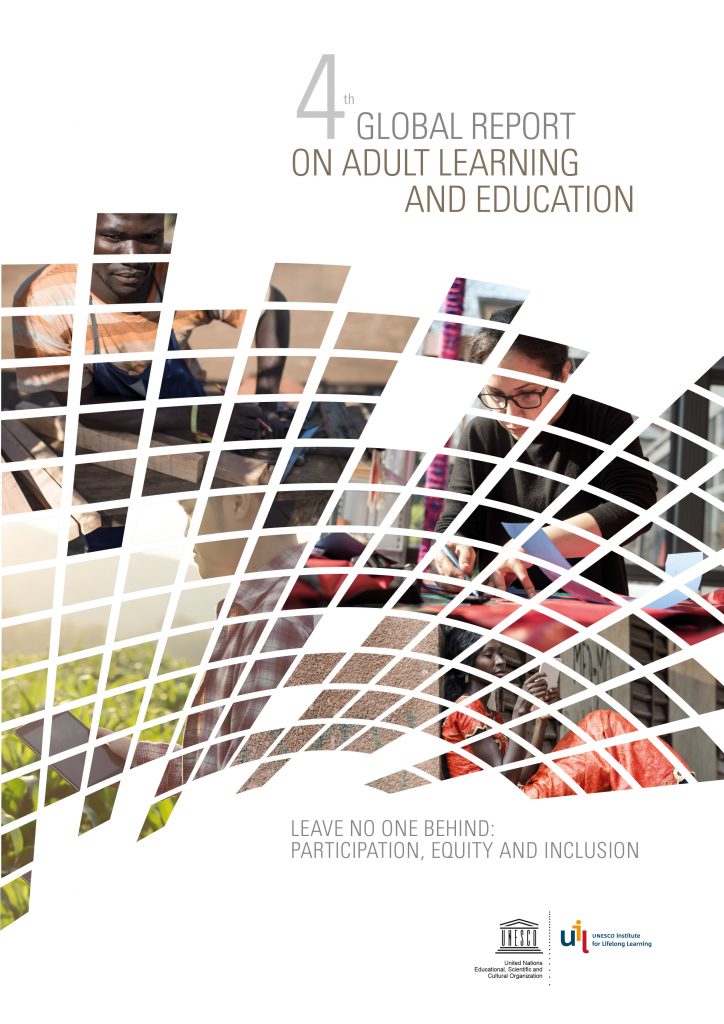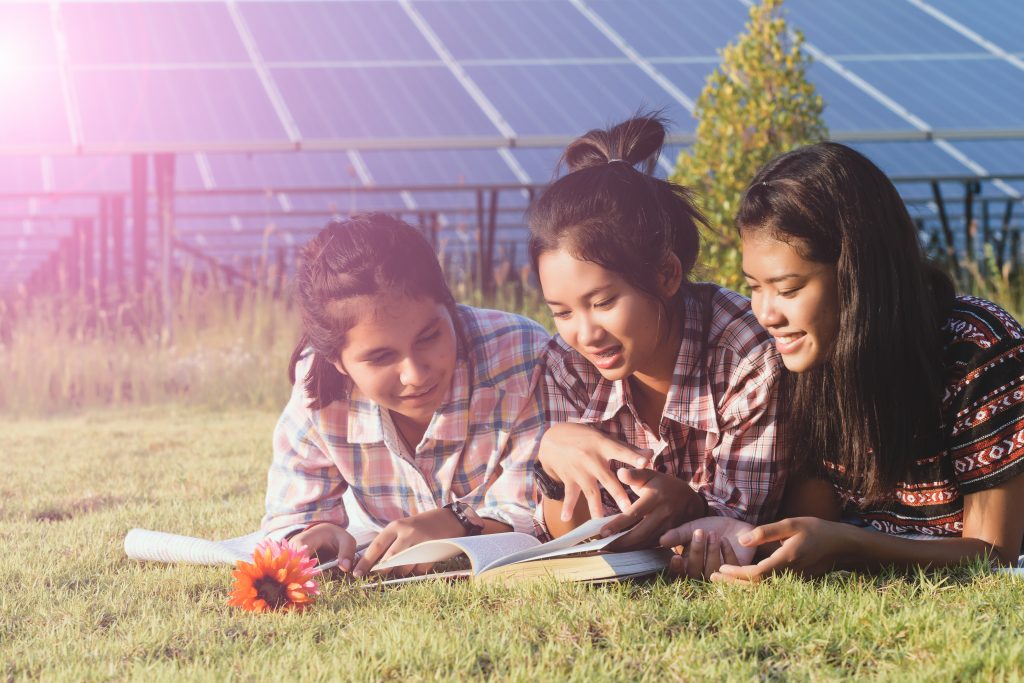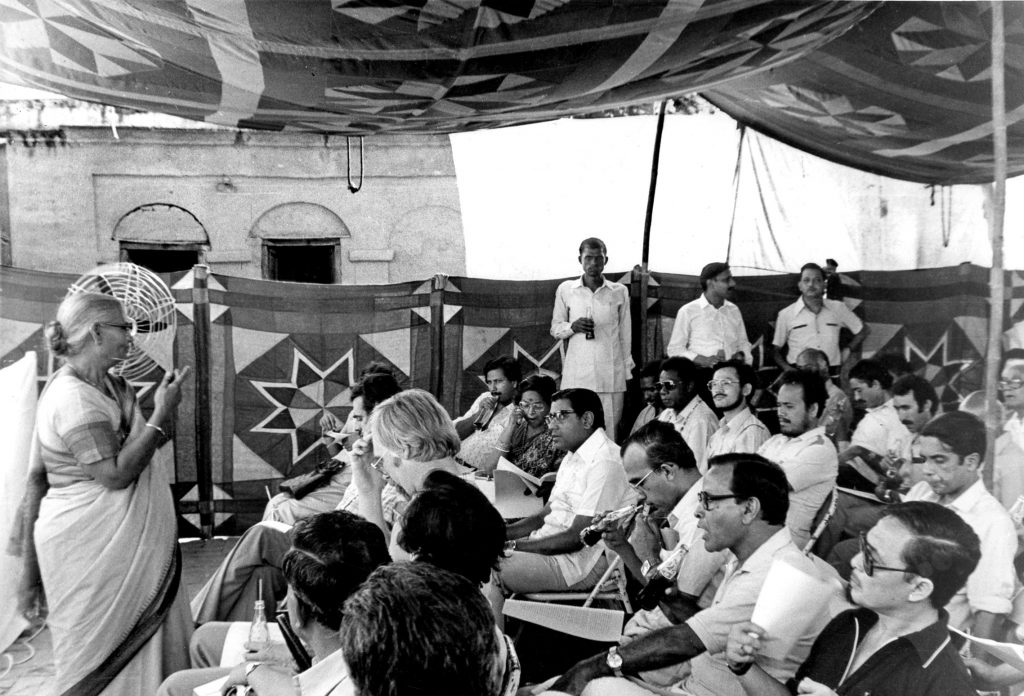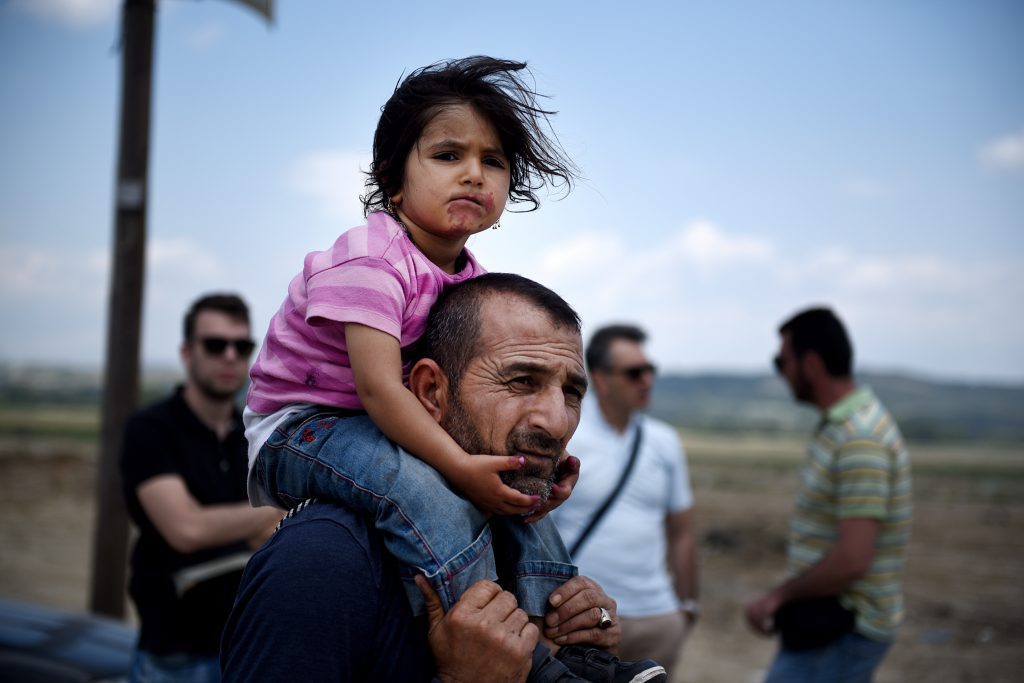Since the start of the pandemic, crisis management in education has focused on children and young people, but adult education is just as critical in times of crisis, argues Daniel Baril
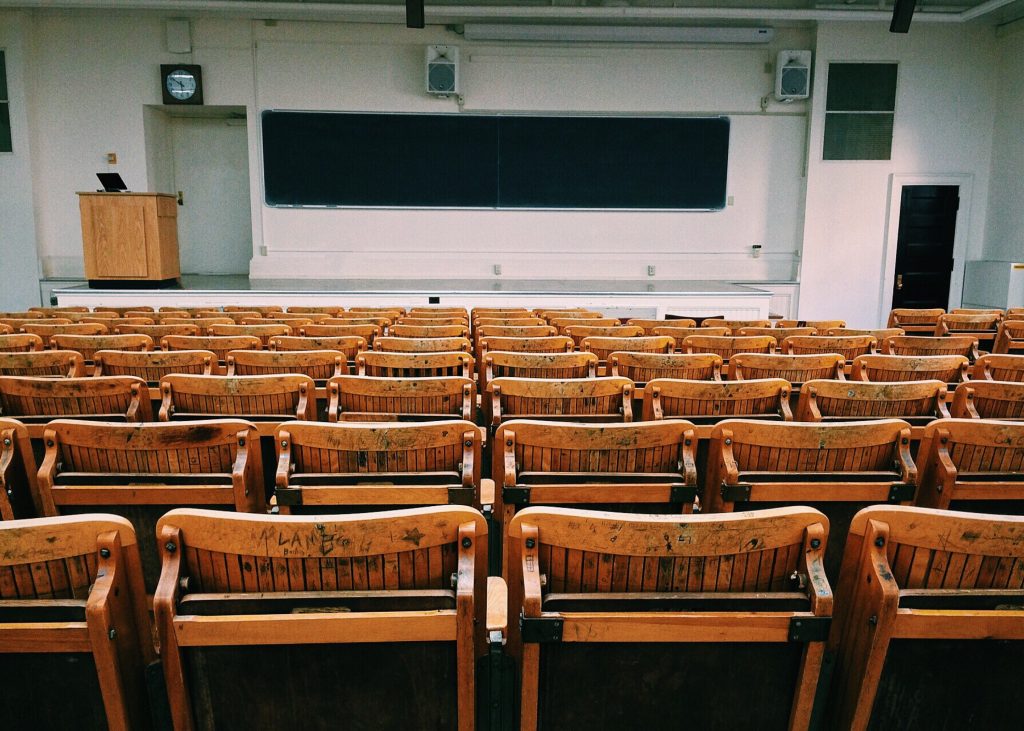
The COVID-19 pandemic is shaking our societies, and testing our capacity to act, to the limit. Each major sector of society must contribute, whether through caring for and supporting those infected, stopping the spread of the virus or ensuring the supply of essential goods and services to cloistered families. Much is demanded too of the education sector, especially given governments’ decision to close schools and other educational establishments.
Ministries of education have encouraged educational institutions to use online and distance education to ensure ‘continuity of learning. However, adult education has not yet caught the attention of governments. Public adult education services are conspicuous by their absence from the first wave of government decisions, and concern about continuity of learning for children and young people has not been extended to adults. Continue reading

